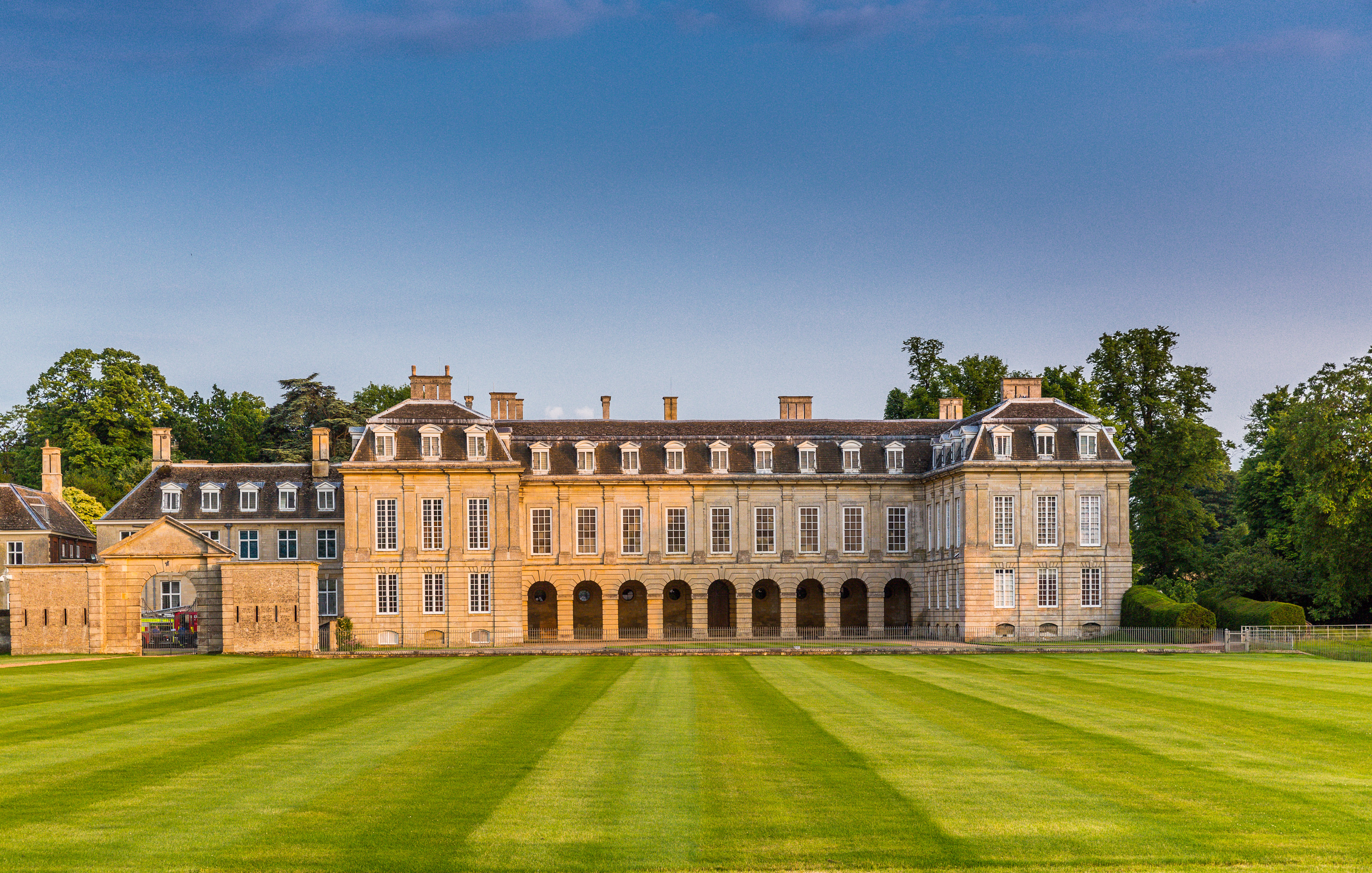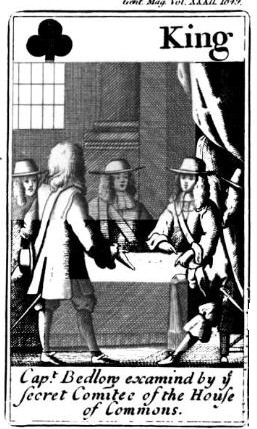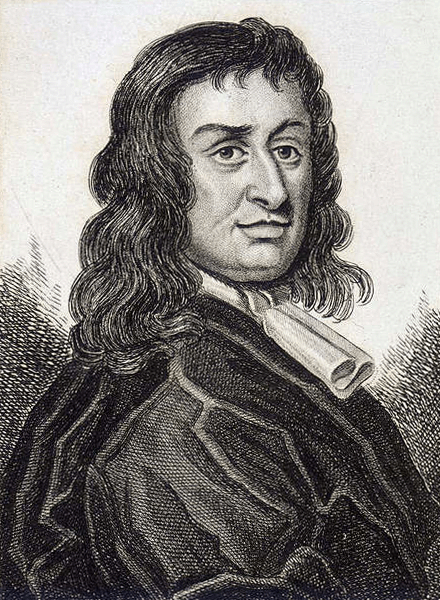|
Maurice Petherick
Maurice Petherick (5 October 1894 – 4 August 1985) was a British Conservative Party politician who served as the Member of Parliament (MP) for Penryn & Falmouth from 1931 to 1945, and as Financial Secretary to the War Office, briefly, in 1945. Early life He was born on 5 October 1894, the son of George Tallack Petherick (b. 1860) and Edith Petherick, his wife. He was educated at Marlborough College and Trinity College, Cambridge. Military service During the Great War, he was a Second Lieutenant in the Royal Devon Yeomanry 1914 but was invalided out in 1915. He served in Foreign Office, 1916–17; he was recommissioned Royal Scots Greys, 1917 and served in France, 1918. In October 1939, he was recommissioned to the General List Army, as a Captain and promoted to Temporary Major. Parliamentary service Having contested the parliamentary seat of Penryn & Falmouth in 1929, as a Conservative, he was elected as MP in that division in the General Elections of 1931 and 1935 He was ... [...More Info...] [...Related Items...] OR: [Wikipedia] [Google] [Baidu] |
Conservative Party (UK)
The Conservative Party, officially the Conservative and Unionist Party and also known colloquially as the Tories, is one of the Two-party system, two main political parties in the United Kingdom, along with the Labour Party (UK), Labour Party. It is the current Government of the United Kingdom, governing party, having won the 2019 United Kingdom general election, 2019 general election. It has been the primary governing party in Britain since 2010. The party is on the Centre-right politics, centre-right of the political spectrum, and encompasses various ideological #Party factions, factions including One-nation conservatism, one-nation conservatives, Thatcherism, Thatcherites, and traditionalist conservatism, traditionalist conservatives. The party currently has 356 Member of Parliament (United Kingdom), Members of Parliament, 264 members of the House of Lords, 9 members of the London Assembly, 31 members of the Scottish Parliament, 16 members of the Senedd, Welsh Parliament, 2 D ... [...More Info...] [...Related Items...] OR: [Wikipedia] [Google] [Baidu] |
Yalta Agreement
The Yalta Conference (codenamed Argonaut), also known as the Crimea Conference, held 4–11 February 1945, was the World War II meeting of the heads of government of the United States, the United Kingdom, and the Soviet Union to discuss the postwar reorganization of Germany and Europe. The three states were represented by President Franklin D. Roosevelt, Prime Minister Winston Churchill, and General Secretary Joseph Stalin, respectively. The conference was held near Yalta in Crimea, Soviet Union, within the Livadia, Yusupov, and Vorontsov palaces. The aim of the conference was to shape a postwar peace that represented not only a collective security order but also a plan to give self-determination to the liberated peoples of Europe. Intended mainly to discuss the re-establishment of the nations of war-torn Europe, within a few years, with the Cold War dividing the continent, the conference became a subject of intense controversy. Yalta was the second of three major wartime confe ... [...More Info...] [...Related Items...] OR: [Wikipedia] [Google] [Baidu] |
Edward Fitzharris
Edward Fitzharris (1648? – 1681) was an Anglo-Irish conspirator. His prosecution following the waning of public belief in the Popish Plot hoax became a struggle for jurisdiction involving the courts and the two Houses of Parliament. He was executed for treason in 1681. Life The younger son of Sir Edward Fitzharris (died c.1690), 2nd Baronet of the Fitzharris Baronets of Kilfinin, and his wife Eileen FitzGerald, daughter of Sir Thomas FitzGerald, Knight of Glin, he was born in County Limerick, Ireland about 1648, and brought up a Roman Catholic. His father was described as an "eminent Royalist". According to his own account, he left Ireland for France in 1662 to learn the language, returning home through England in 1665. Three years later he went to Prague with the intention of entering the service of the Emperor Leopold I in his operations against Hungary. Finding that the expedition had been abandoned, he wandered through Flanders to England again. He next obtained a capta ... [...More Info...] [...Related Items...] OR: [Wikipedia] [Google] [Baidu] |
Thomas Dangerfield
Thomas Dangerfield (c. 165022 June 1685) was an English conspirator, who became one of the principal informers in the Popish Plot. His violent death at the hands of the barrister Robert Francis was clearly a homicide, although whether the killing was murder or manslaughter was a matter of considerable public debate at the time. Biography Dangerfield was born about 1650 at Waltham Abbey, Essex, the son of a farmer. At the age of about 12 in about 1662, he ran away from home to London, and never returned to his home. He began his career of crime by robbing his father of both horses and money, and, after a rambling life, which brought him to Scotland, France, Spain and Portugal, took to coining counterfeit money, for which offence and numerous others he was many times imprisoned: it was said later that to describe his career one need simply list every capital crime known to English law. Lord Chief Justice Scroggs later referred to him with contempt as "that fellow from Che ... [...More Info...] [...Related Items...] OR: [Wikipedia] [Google] [Baidu] |
Ralph Montagu, 1st Duke Of Montagu
Ralph Montagu, 1st Duke of Montagu (24 December 1638 – 9 March 1709) was an English courtier and diplomat. Background Ralph Montagu was the second son of Edward Montagu, 2nd Baron Montagu of Boughton (1616–1684), and Anne Winwood, daughter of the Secretary of State Ralph Winwood. The peerage of his father was one of several granted in the seventeenth century to different members of the Montagu family. Sir Edward Montagu, Chief Justice of the King's Bench in the time of Henry VIII, was grandfather of the 1st Earl of Manchester, and of the 1st Baron Montagu of Boughton (1562–1644), who was imprisoned in the Tower by the Parliament on account of his loyalty to Charles I. The eldest son of the latter, Edward, who succeeded him as the 2nd Baron, took the side of the Parliament in the Civil War, and was one of the lords who conducted the king from Newark-on-Trent to Holmby House in January 1647, after he was handed over by the Scots, to whom he had initially surrendered, ... [...More Info...] [...Related Items...] OR: [Wikipedia] [Google] [Baidu] |
William Bedloe
William Bedloe (20 April 165020 August 1680) was an English fraudster and Popish Plot informer. Life He was born at Chepstow in Monmouthshire. He was probably the son of Isaac Bedloe, himself the son of an Irish Army officer, and a cousin of William Kemys (or Kemish), who became High Sheriff of Monmouthshire in 1678. He appears to have been well educated; he was certainly clever, and after moving to London in 1670 he became acquainted with some Jesuits and was occasionally employed by them. Calling himself now Captain Williams, now Lord Gerard or Lord Newport or Lord Cornwallis, he travelled from one part of Europe to another, usually accompanied by his brother James. In the 1670s he was imprisoned for fraud and became an expert in a number of criminal enterprises. The historian John Kenyon described him as "an experienced member of a London underworld of crime and vice of which we know almost nothing". Then in 1678, following the lead of Titus Oates, he gave an account of a sup ... [...More Info...] [...Related Items...] OR: [Wikipedia] [Google] [Baidu] |
Thomas Blood
Colonel Thomas Blood (1618 – 24 August 1680) was an Anglo-Irish officer and self-styled colonel best known for his attempt to steal the Crown Jewels of England from the Tower of London in 1671. Described in an American source as a "noted bravo and desperado,"''The New American Cyclopaedia: A popular dictionary of general knowledge'', Volume 3, George Ripley, Charles A. Dana, 1859 (D Appleton & Company) pages 372 to 373 he was also known for his attempt to kidnap and, later, to kill, his enemy, James Butler, 1st Duke of Ormond. Early life Sources suggest that Blood was born in County Clare, in the Kingdom of Ireland, the son of a successful land-owning blacksmith of English descent, and was partly raised at Sarney, near Dunboyne, in County Meath. He was apparently a Presbyterian. His family was respectable and prosperous (by the standards of the time); his father held lands in the Counties Clare, Meath and Wicklow. His grandfather was a member of the Irish Parliament, ... [...More Info...] [...Related Items...] OR: [Wikipedia] [Google] [Baidu] |
St Austell
St Austell (; kw, Sans Austel) is a town in Cornwall, England, south of Bodmin and west of the border with Devon. St Austell is one of the largest towns in Cornwall; at the 2011 census it had a population of 19,958. History St Austell was a village centred around the parish church, until the arrival of significant tin mining in the 18th century turned it into a town. St Austell is named after the 6th century Cornish saint, St Austol, a disciple of St Mewan. In a Vatican manuscript there is a 10th-century list of Cornish parish saints. This includes Austoll, which means that the church and village existed at that time, shortly after 900. St Austell is not mentioned in Domesday Book (1086). However A. L. Rowse, in his book ''St. Austell: Church, Town, and Parish'', cites records which show a church was dedicated on 9 October 1262 by Bishop Bronescombe, and other records show a church there in 1169, dedicated to "Sanctus Austolus". The current church dates from the 13t ... [...More Info...] [...Related Items...] OR: [Wikipedia] [Google] [Baidu] |
Lower Porthpean
Lower Porthpean is a coastal hamlet in Cornwall, England, UK. It is close to Higher Porthpean and south of St Austell St Austell (; kw, Sans Austel) is a town in Cornwall, England, south of Bodmin and west of the border with Devon. St Austell is one of the largest towns in Cornwall; at the 2011 census it had a population of 19,958. History St Austell wa ....Ordnance Survey ''One-inch Map of Great Britain; Bodmin and Launceston, sheet 186''. 1961. References Hamlets in Cornwall {{Cornwall-geo-stub ... [...More Info...] [...Related Items...] OR: [Wikipedia] [Google] [Baidu] |
High Sheriff Of Cornwall
Sheriffs and high sheriffs of Cornwall: a chronological list: The right to choose high sheriffs each year is vested in the Duchy of Cornwall. The Privy Council, chaired by the sovereign, chooses the sheriffs of all other English counties, other than those in the Duchy of Lancaster. This right came from the Earldom of Cornwall. In the time of earls Richard and Edmund, the steward or seneschal of Cornwall was often also the sheriff. Sheriffs before the 14th century 14th-century sheriffs 15th-century sheriffs {{columns-list, colwidth=30em, *1400–1404: Henry of Monmouth{{sfn, Hughes, 1898, p=21{{sfn, Polsue, 1872, p=122{{sfn, Polwhele, 1816, p=106 **28 October 1400: Sir William Marney undersheriff{{sfn, Hughes, 1898, p=21 **Michaelmas 1401: Sir John Trevarthian undersheriff{{sfn, Hughes, 1898, p=21 **Easter 1402: Sir John Arundell undersheriff,{{sfn, Hughes, 1898, p=21 of Lanherne **6 October 1402: William Bodrugan undersheriff{{sfn, Hughes, 1898, p=21 **22 October ... [...More Info...] [...Related Items...] OR: [Wikipedia] [Google] [Baidu] |
Prudential Plc
Prudential plc is a British Multinational corporation, multinational insurance company headquartered in London, England. It was founded in London in May 1848 to provide loans to professional and working people. Prudential has dual primary listings on the London Stock Exchange and Hong Kong Stock Exchange, and is a constituent of the FTSE 100 Index. It also has secondary listings on the New York Stock Exchange and Singapore Exchange. History Early history The company was founded in Hatton Garden in London in May 1848 as The Prudential, Investment, Loan, and Assurance Association and in September 1848 changed its name to The Prudential Mutual Assurance, Investment, and Loan Association, to provide loans to professional and working people. In 1854, the company began selling the relatively new concept of Industrial Branch insurance policies to the working class population for premiums as low as one penny a week through agents acting as door to door salesman, door to door salesmen. ... [...More Info...] [...Related Items...] OR: [Wikipedia] [Google] [Baidu] |
Evelyn King (UK Politician)
Evelyn Mansfield King (30 May 1907 – 14 April 1994) was a British member of parliament for both the Labour Party and then the Conservative Party. The son of Harry Percy King and Winifred Elizabeth ''née'' Paulet, King was educated at Cheltenham College and King's College, Cambridge (where he was the university's correspondent to the ''Sunday Times'', 1928–30). He then entered the Inner Temple, London. He was Assistant Master at Bedford School, taught at Craigend Park School, and became Headmaster and Warden of Clayesmore School, 1935–1950. He revitalised a financially failing Clayesmore, bringing with him some pupils from Craigend Park, and managing the school in an energetic and proactive way, putting it on the Headmasters' Conference List, and generally on the map. During World War II he served in the Gloucestershire Regiment from 1940 and was promoted Acting Lieutenant-Colonel in 1941. King was originally Labour Party Member of Parliament for Penryn and Falmouth from ... [...More Info...] [...Related Items...] OR: [Wikipedia] [Google] [Baidu] |





